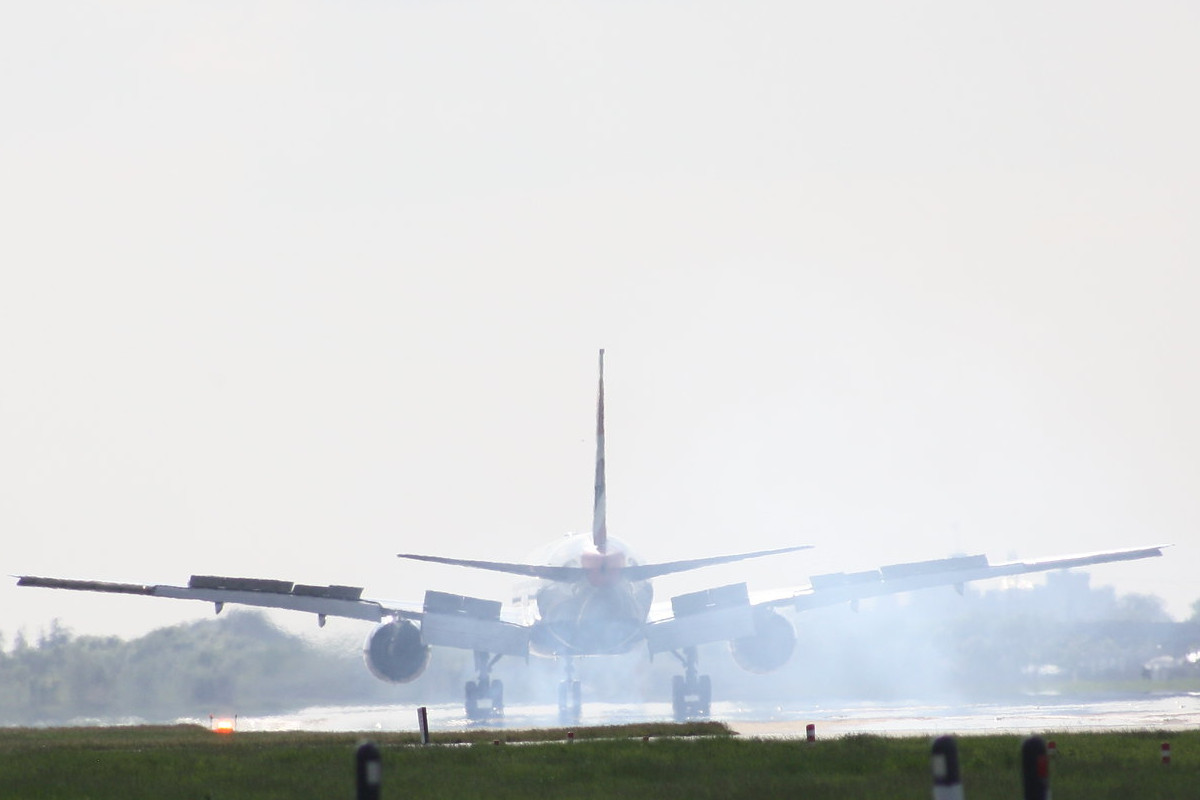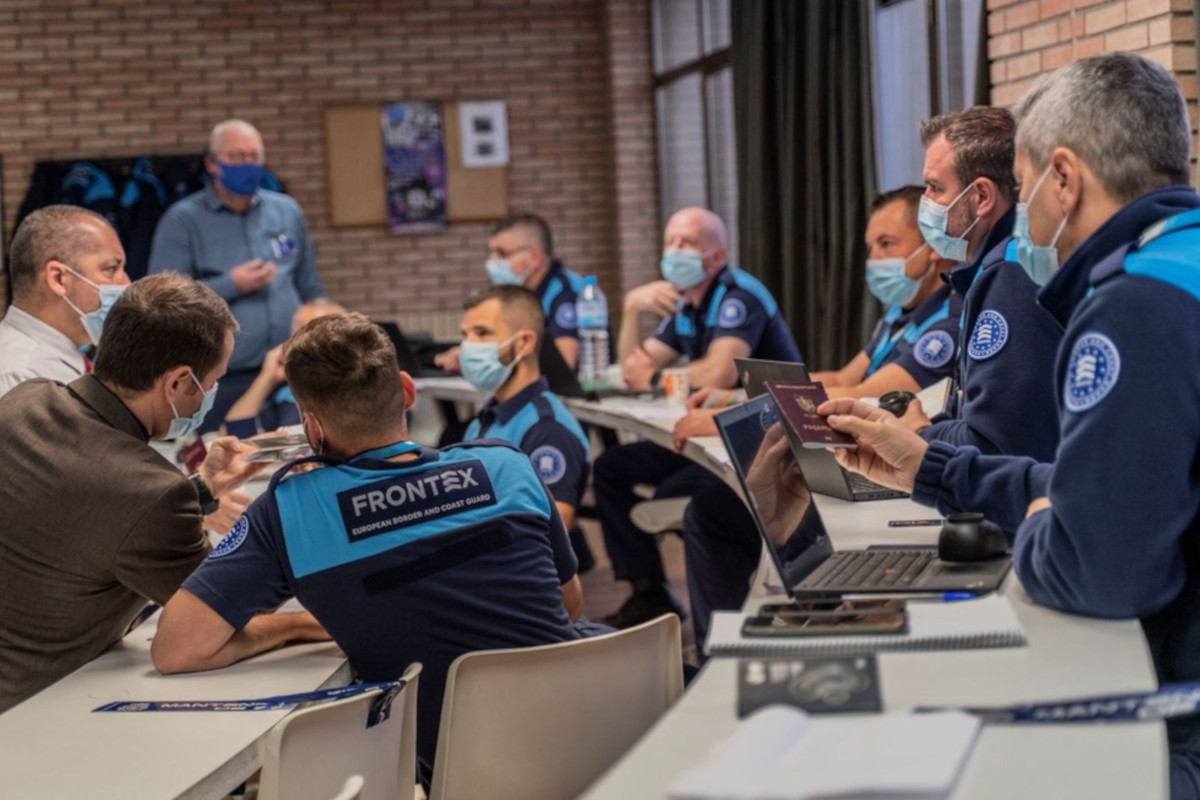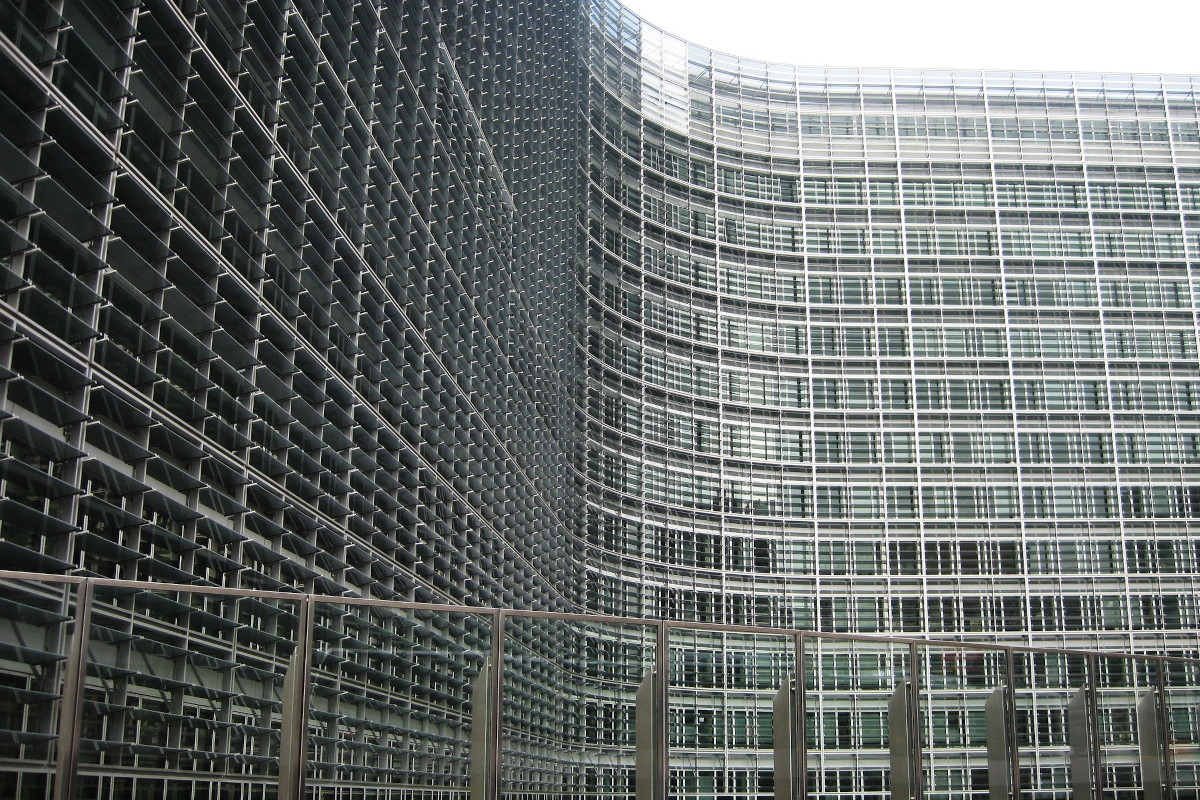Frontex and deportation charter flights, 2006-2024
Topic
Country/Region
10 July 2025
Data covering almost two decades of Frontex’s deportation operations shows the expanding role of the agency. We have produced a series of visualisations to show the number of people deported via Frontex-coordinated charter flights, the member states involved, the destination states, and the costs.
Support our work: become a Friend of Statewatch from as little as £1/€1 per month.

Image: Nicolas Vigier, public domain
Deportation Union
In August 2020 Statewatch published the report Deportation Union, a critical examination of EU plans to increase deportations. The report focuses on three key areas:
- attempts to reduce or eliminate rights and protections in the law governing deportations (something now being undertaken through the recently-proposed deportation Regulation);
- the expansion and interconnection of EU databases and information systems; and
- the increased budget, powers and personnel awarded to Frontex.
The infographics and data here build upon information released with that report, and are now updated to cover the period from 2006 to 2024.
Data collection, compilation and visualisations by Ida Flik.
About this update
This article has been updated to include data for 2024. Previous editions covered the periods 2006-2021 and 2006-2022. Information used in this update was received from Frontex in response to an access to documents request.
The data concerns deportations carried out via charter flights - that is, flights contracted specifically for the purpose of carrying out deportations.
The majority of deportations carried out with Frontex support and funding now take place via scheduled (normal) flights or via "voluntary" returns.
According to the agency, it supported the deportation of more than 56,000 people in 2024, taking into account all these methods.
This means that forced removals by charter flight are now a minority of all deportations supported by Frontex - but they nevertheless require close scrutiny.
Frontex asserts, in one of its regular reports on its deportation operations (pdf), that:
Charter flights have a number of advantages in the context of forced returns especially, for instance for high-risk third country nationals: disruptive passengers who cannot be returned on scheduled flights can be returned in a safe and secure way, whilst upholding EU standards during the flights and respecting the returnees’ fundamental rights.
The "safe and secure" removal of people is supposed to be ensured by the presence of fundamental rights monitors. EU law says that "Member States shall provide for an effective forced-return monitoring system."
However, one-quarter of the deportation charter flights coordinated by Frontex in 2024 did not have a monitor present, according to its own report (pdf). This is an increase in unmonitored operations from five years ago, when one-fifth did not have a monitor present.
The failure to provide independent monitors evidently increases the risk of abuse and violence by "escorts" deployed on deportation flights.
This kind of malpractice is indicated by a recommendation from Frontex's Fundamental Rights Officer (pdf): member states should "prioritise effective de-escalation techniques, before resorting to the use of force and coercive measures."
Data on deportation charter flights
Access to documents request submitted to Frontex
Dear Madam/Sir,
In accordance with Regulation (EC) No 1049/2001, Article 114(1) of Regulation (EU) 2019/1896 and Frontex Management Board Decision No 25/2016 of 21 September 2016, I would like to request access to the following documents:
For all return operations undertaken by the EBCGA for the period of (full year) 2024, the following datasets in their most disaggregated forms available:
- Per operation (RO-ID): The total amount paid per (each) member state
-
Per operation (RO-ID): The number of monitors and frontex staff per (each) unique destination
-
Per operation (RO-ID): The date and type of operation per (each) unique destination
-
Per operation (RO-ID): The number of people returned from each member state to each destination (unique destinations, no aggregates of multiple destinations like “Colombia & Dominican Republic”)
-
Per operation (RO-ID) and each member state: the number of Escort Leaders, Escorts, Escorts from FRESO airport CAT, FRESO airport CAT 2, FRESO HQ CAT 1, FRESO HQ CAT 2, FRESO CAT 3, national monitors, Monitors from pool (MS), Monitors from Frontex Pool, medical staff, Observers from member state, Observers (TC)
With regards to the access to documents rule 3 (“Documents shall be supplied in an existing version and format (including electronically[….]) with full regard to the applicant's preference”) I am requesting the data in a machine-readable table format, preferably .csv or .tsv.
Editors' note: This article has been updated to clarify that the data refers to deportations carried out via charter flights.
Our work is only possible with your support.
Become a Friend of Statewatch from as little as £1/€1 per month.
Further reading

Frontex and deportations, 2006-22
Data covering 17 years of Frontex’s deportation operations shows the expanding role of the agency. We have produced a series of visualisations to show the number of people deported in Frontex-coordinated operations, the member states involved, the destination states, and the costs.

Frontex takes the lead on deportations
EU border agency Frontex has recently sought to take on a more prominent role in deportations, and has been testing the possibility of organising the "initiative, destination, date," amongst other tasks - roles previously reserved for national authorities.

Frontex and deportations, 2006-21
Data covering 16 years of Frontex’s deportation operations shows the expanding role of the agency. We have produced a series of data visualisations to show the number of people deported in Frontex-coordinated operations, the member states involved, the destination states, and the costs.
Spotted an error? If you've spotted a problem with this page, just click once to let us know.

